In general the conference had attracted more than 220 researchers from all over Europe. This alone can probably already be judged quite a success. The wide -range of panel themes to some extend resembled the diversity of topics within the subfield of comparative politics (find the program of the conference with all paper titles & authors here). However there was some clear centres of gravity that could be identified.
Overall there were four panels with a total of 28 papers dealing with authoritarian regimes. A clear sign that the trend towards political science research on non-democratic contexts is still ongoing. Other main themes at the conference were political behavoir and attitutes, regionalism and regional institutions as well as democratization and transitology. I participated in the conference with two papers in two different panels both dealing with non-democratic regimes.
The first panel was entitled: "Legitimation, policy instruments and policy performance in autocracies" and organized by Steffen Kailitz (Hannah-Arendt-Institute Dresden) and Stefan Wurster (University of Heidelberg). Most of the contributions in this panel aimed at improving our conceptual understanding of legitimacy and legitimation processes under non-democratic circumstances and to increase our ability to operationalize and measure different types and mechanisms of legitimacy. I presented a paper dealing with legitimation strategies via the institutional reform process initiated by the Morrocan regime in the aftermath of the 2011 demonstrations (working paper paper can be found here).
The second panel was organnized by the IDCAR initiators Christian von Soest and Thomas Richter (both GIGA). Accordingly the panel was named: "Democracy Prevention by International Means: Diffusion and Cooperation of Authoritarian Regimes". In this rich panel with contributions on the post soviet space, the Gulf countries, Sub-Sahara Africa and the Middle East by scholars from all career stages I presented a draft outline on my conceptual dissertation chapter entitled: "The Influence of Authoritarian Learning on Regime Survival in times of Contentious Politics" (the working paper can be found here).
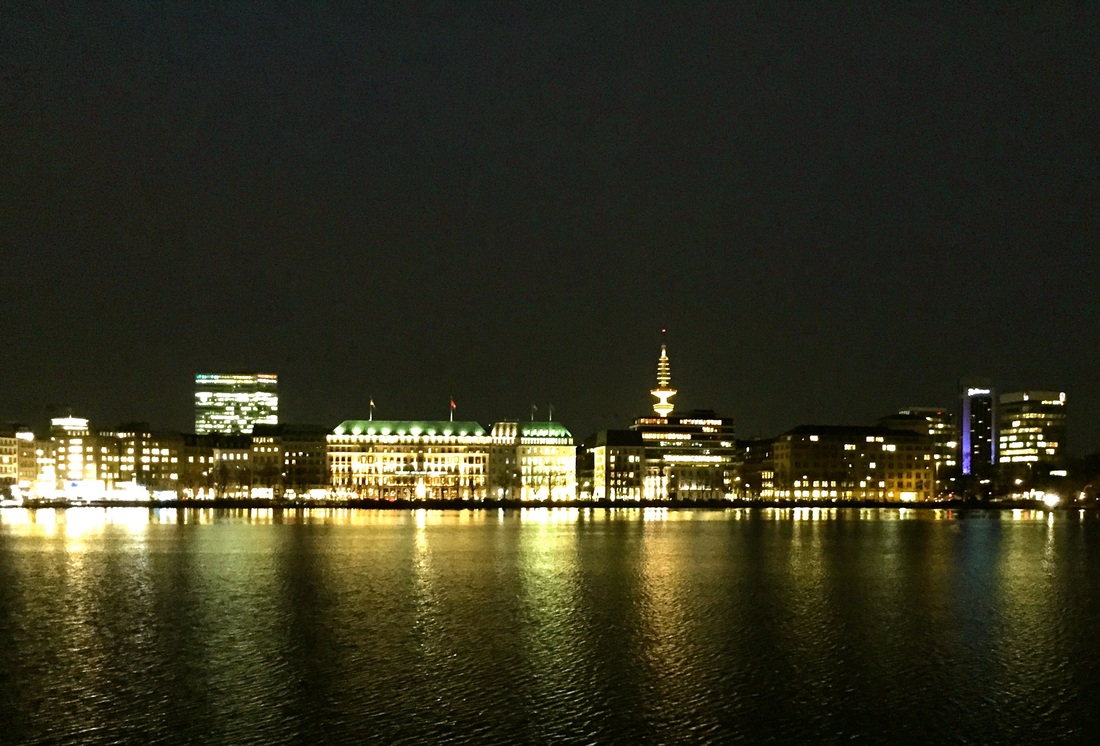
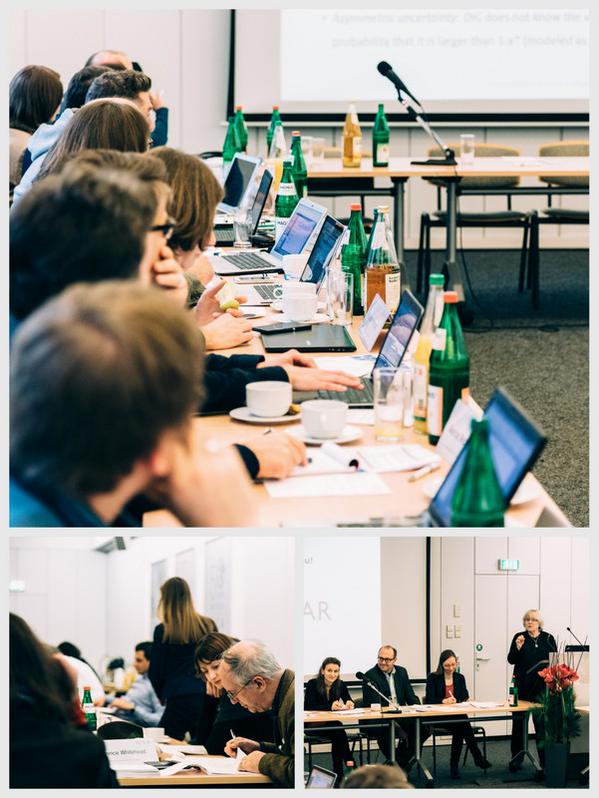
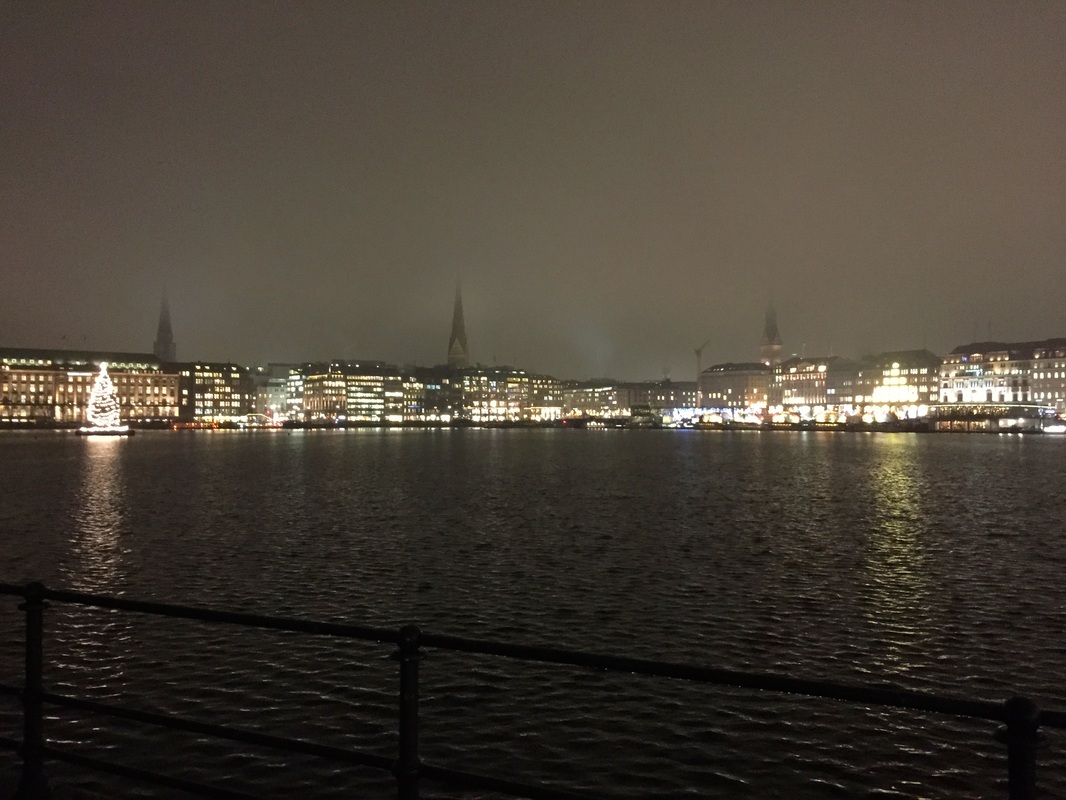
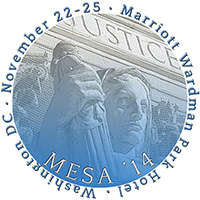
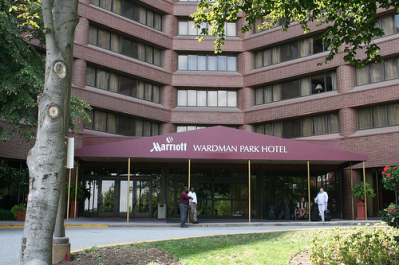

 RSS Feed
RSS Feed
